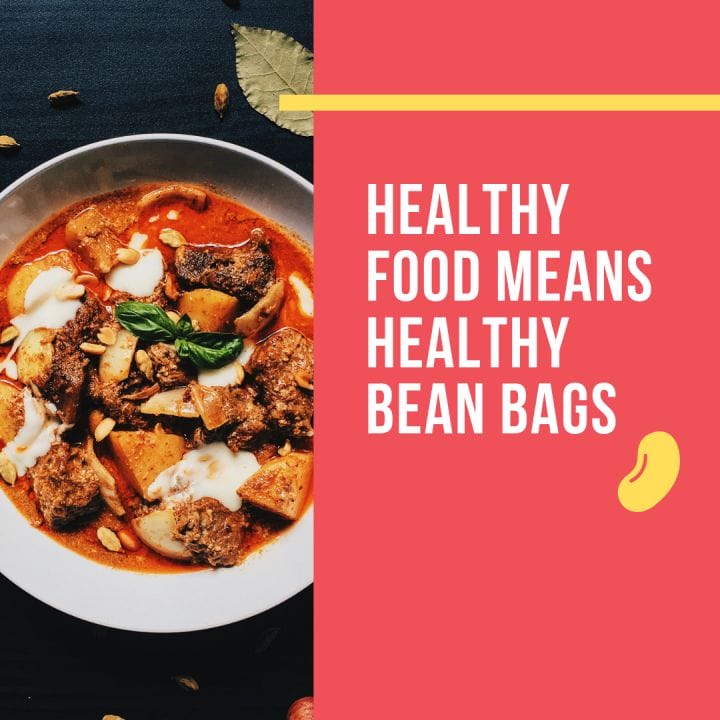
CKD, as you may well know, means that your kidneys are not working as well as they once did. It is often a progressive disease which means it can get worse over time.
One way to combat this is to start undergoing a renal diet. By choosing the right foods to eat, you can greatly help lessen the burden on your kidneys. You could go with these kidney-boosting food items for starters.
However, you also need to learn to keep tabs of your kidney disease lab results to make sure you are in the right track and are keeping your kidneys in the “safe zone”.
If you are still starting to do something that can improve your numbers, here are some guides that nephrologists and health professionals follow, which can work for you, too!
GFR (GLOMERULAR FILTRATION RATE)
GFR tells you how well your kidneys are filtering blood. The goal is to keep your GFR from going down to delay kidney failure. A GFR level below 60 is indicative of kidney disease, while a value of 15 or less signifies kidney failure.
How to improve GFR values?
This is where renal dieting comes in. And this renal diet education for patients is not just limited to improving your GFR, but your other numbers as well (which we will discuss later).
1. Limit your sodium intake.
- Aim for a daily average intake of 1,500 or less milligrams of sodium.
- Try to eat fresh instead of processed foods to limit sodium intake.
- Identify sodium content in packaged foods by reading labels.
- Cook with herbs and pepper in place of salt.
- Avoid salt substitutes, which have potassium chloride in place of sodium chloride, if you have been told to limit dietary potassium.
2. Manage your blood sugar levels.
- If you are diabetic and undergoing renal diet, managing your blood sugar can help you maintain a stable GFR level.
- Milk, starches, fruit, starchy and non-starchy vegetables, along with certain beverages and desserts, all have carbohydrates.
- Blood sugars can be managed by controlling portions of these foods and eating them at consistent meal and snack times.
SERUM CREATININE
Creatinine is a chemical waste molecule that is generated from muscle metabolism. The kidneys filter out most of the creatinine and dispose of it in the urine. It has been found to be fairly reliable indicator of kidney function. An elevated creatinine level signifies impaired kidney function or kidney disease.
Normal levels of creatinine in the blood are approximately 0.6 - 1.2 milligrams (mg) per deciliter (dL) in adult males and 0.5 to 1.1 mg/dL in adult females.
How to lower down creatinine levels?
1. Stay hydrated.
- Certain types of herbal and green tea can help lower the amount of creatinine in your blood. Drink at least an 8-oz (250-ml) glass of herbal or green tea a day. The idea is to stimulate the kidneys and cause an increase in the production of urine. As such, more creatinine can be passed out of the body.
- Common advice is to also drink at least 8 glasses of water a day, but this might be tricky if you are Stage 3 and above of CKD. Make sure to coordinate with your nephrologist and dietitian for water intake recommendations.
2. Don't strain yourself excessively when you exercise.
3. Do not take any supplements with "creatine" in them.
4. Eat more fiber, which is most common in fruits and vegetables, whole grains, and legumes.
BUN (Blood Urea Nitrogen)
Urea nitrogen is a normal waste product in your blood. It is normally removed from your blood by your kidneys, but when kidney function slows down, the BUN level rises. BUN can also rise if you eat more protein, and it can fall if you eat less protein.
The normal BUN level for healthy individuals is 7-20 mg/dL in adults. As BUN rises, symptoms of kidney disease may appear, such as:
- a bad taste in the mouth
- poor appetite
- nausea, and;
- vomiting
How to improve your BUN levels?
1. Eat a low-protein diet.
- Your kidneys are now unable to filter protein properly. So part of an effective renal diet is to reduce your protein intake to lower your BUN levels.
- High-protein foods include red meat, poultry, fish and dairy. Beans, nuts and grains have moderate amounts of protein, and fruits generally have low- to no protein.
- The average daily protein intake for healthy adults ranges from 40 to 60 g, and you may need to reduce your intake by half.
2. Cope with stress and manage your blood pressure.
- In some cases, high BUN levels occur from excess stress or acute high blood pressure. Get a blood pressure check and monitor it regularly.
- Excess worry and stress often contribute to blood pressure changes. Try to engage in yoga, tai chi, or relaxation exercises to lower your stress level.
Do every possible way to keep them in the recommended range and try to take lab tests regularly.
Also, make sure to have your lab report in hand when you ask questions so you can be specific. Understanding why a lab test is prescribed, what its results mean, and how those results inform medical decisions can help you forge a cooperative partnership with your healthcare team.
If you’re not sure about the significance of a particular test or result, don’t hesitate to contact your doctor or clinic or the laboratory where the test was conducted.
If kidney disease is found and treated early, you can help slow or even stop it from getting worse. Most people with early kidney disease do not have symptoms. That is why it is important to be tested and make sure you do every single thing you can do to improve your lab results.
Early recognition and intervention are important in slowing the progression of chronic kidney disease and preventing its complications.
Because of that, we'd like to offer you a chance to talk to a coach 1-on-1, to help with managing your kidney numbers. Just click the orange button below and answer our survey to get a chance for a FREE 1-on-1 coaching session.
So be proactive, click the button below, and start improving your kidney functions now!

